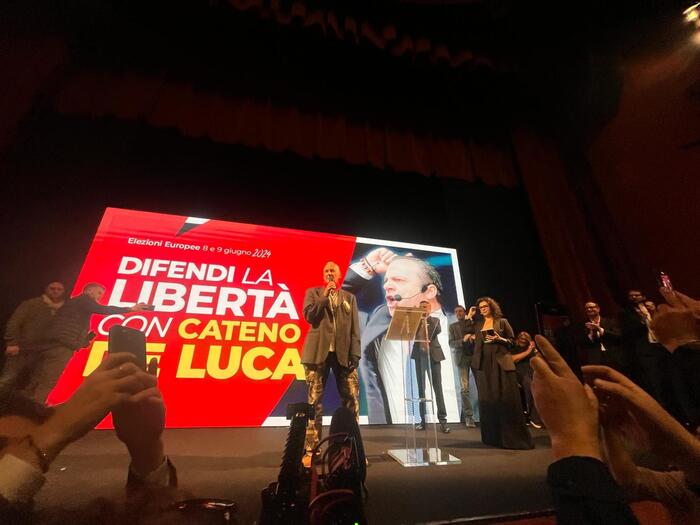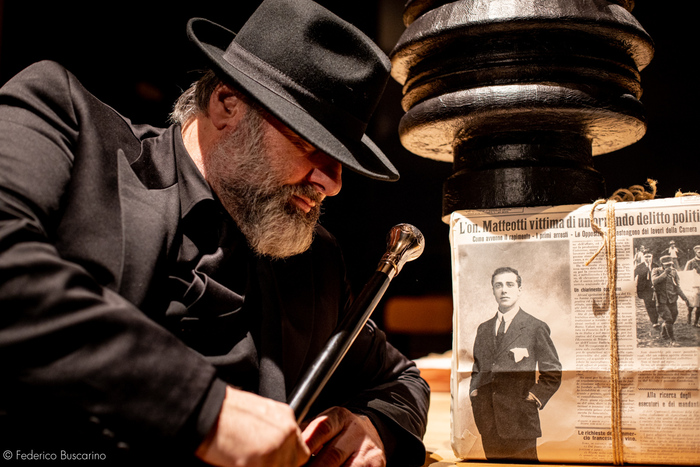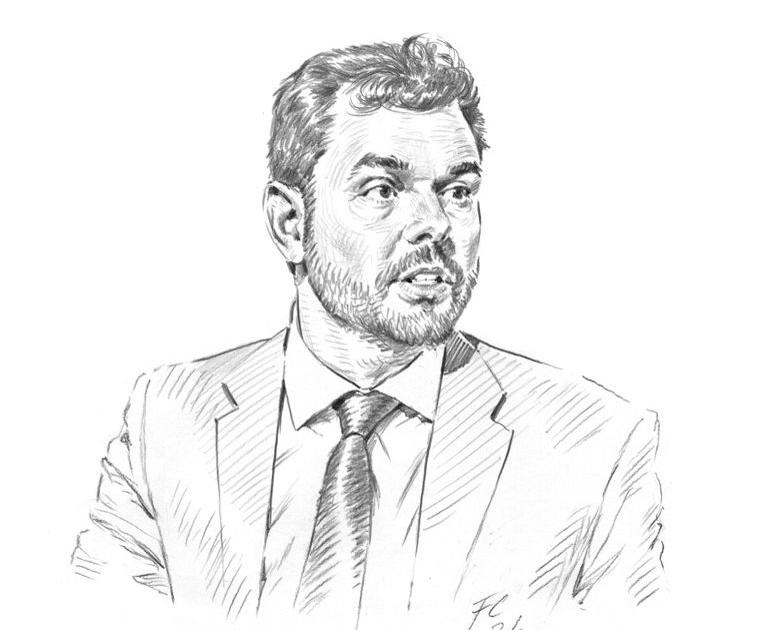Pride is written on the face of the new ministers. They have just sworn their oath of office in the Quirinal Palace. Now they gather for the group photo and beam with the chandeliers in the gold-decorated ballroom to the bet. Only four weeks have passed, already the new cabinet is in office.
Endless power struggles? Hate speech on Europe? Ridicule from all over the world? Full of compassion, Rome is currently looking to London. It is an unfamiliar feeling for many Italians: while Britain sinks into chaos, Italy suddenly seems like the epitome of stability and seriousness.
Or not? How resilient is the second cabinet of Prime Minister Giuseppe Conte? And what exactly is to be expected from the new coalition Movimento 5 Stelle (M5S) and Democratic Party (PD)? Three major challenges will occupy Italy's 66th post-war government:
- Europe and the world
The period of continuous attacks on the European Union is over. Conte is committed to working with Brussels. Italian EU Commissioner will be former Prime Minister Paolo Gentiloni. He is a convinced European and Social Democrat, as are the two ministers appointed for business and European affairs - and the President of the European Parliament, David Sassoli, who is already in Strasbourg. "It's the strongest Europe-friendly team that Italy has had in years," says the daily La Stampa.
Just a short time ago, former Deputy Prime Minister Matteo Salvini was courting Russian President Vladimir Putin, seeking proximity to US President Donald Trump, verbally abusing Berlin, Paris and Brussels and hounding on nationalist slogans. Now economist Gianmarco Ottaviano, a professor at Milan's Bocconi University, is observing a "new orientation towards the goals of the European Union" in Italy. Compared to the predecessor government, there is now at least a "rhetorical proximity" to the EU, he says, "and perhaps also in the facts."
- Business and finance
But there are already doubts about the facts. A VAT increase planned for the beginning of January will be stopped again. The labor costs should be lowered. Additional investments in schools, the health system and the "green economy" are planned. How all this should be paid, especially in view of the gigantic debt mountain, the new government has not communicated. "These are a lot of good ideas, but they are also expensive," says economist Ottaviano.
And that raises the question of how the new government program can handle the requirements of Brussels. By mid-October, Rome must submit a new budget to the European Commission. The deficit rule of three percent should not be violated, otherwise threatens a new criminal case. So Rome has to save a lot. "That's good for the Maastricht rules," says Michele Geraci, who until today was Lega's Secretary of State at the Ministry of Economic Development. "But then the problems could get worse if there is no future growth."
That is probably why Contes government is already calling for "a more solid Europe that is closer to the citizens". In plain English: a license for new debts.
- Migration and security
Meanwhile, there is a new beginning in the Ministry of the Interior, which acted under Salvini as a large propaganda machine against migrants. The department is to be thoroughly detoxified and gets therefore no politician, but a sober official to the top: Luciana Lamorgese, 66, has worked until her retirement over 40 years in the Ministry of the Interior, last as prefect in Milan, quiet, efficient and principled. It is unlikely that she, like Salvini, would be bumming against rescue organizations or denouncing migrants who spend weeks on the high seas as simulators.
Filippo Monteforte / AFP
Interior Minister Luciana Lamorgese: The department should be detoxified
A complete turnaround is still not expected. Italy is likely to reintroduce rescue vessels into its ports, but be careful to ensure that new refugees are largely distributed to other EU countries. It is also questionable how Italy proceeds with the tightened under Salvini security laws. The Social Democrats would like to tip them - but then Conte and star boss Luigi Di Maio, who carried everything along, lost their faces.
An alliance that arose out of fear
Perhaps the harsh rules, which criminalize, among other things, the captains of rescue ships and provide fines of up to one million euros, will simply not be applied in the future. Since rescue organizations have complained against the constitutional and illegal rules in their view, the issue may end up in court.
What does all this mean for the future of the new government? Federico Luisetti is Professor of Italian Culture and Society at the University of St. Gallen. He looks pessimistically into the future: "The alliance between stars and social democrats was created out of fear," he says, "if it fails in a few months, Salvini has an even greater advantage."
The philosopher, like many others, expects ex-Prime Minister Matteo Renzi and his followers in parliament to leave the Democratic Party in the medium term and found their own left-wing populist movement. In the next election even three populist groups would face each other: Salvinis Lega, Di Maio's star and Renzi's future movement. "Italy remains a political laboratory, a theater for populists," says Luisetti, "but also the weak link of Europe."









